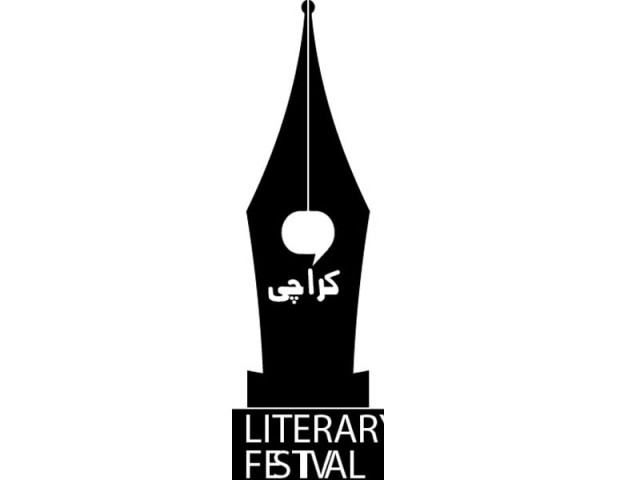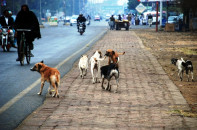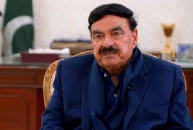Behind the success : The binding factors
The Express Tribune talks to people who are putting together the story behind the stories at the fifth KLF.

Zehra Nigah Muneeza Shamsie
Intizar Hussain Bina Shah
Hamida Khuhro Fehmida Riaz Kishwar Naheed Mohammed Hanif
Kamila Shamsie
The Pakistani literary voice was divided across severe dichotomies of language and context. A rich tradition of poetry and prose, both fictional and non-fictional, was shelved in cobwebbed corners, either ignored or misunderstood. Then we had contemporary English, an urban voice that meandered across the land looking for an ‘identity’.

The first Karachi Literature Festival (KLF) in 2010 was going to turn the page around. What started off as a small event has now turned into a forum that cuts through the garble and brings a semblance of clarity. Combining our historical tradition that provides a much-needed grounding for the contemporary voice, KLF has grown both logistically and, more importantly, as a space for writers, journalists, academics and others to convene.
Over the past five years the people who have been instrumental in doing so by lending their patronage to KLF are catalysts for a language that is now evolving. These personalities of the country’s literary community have been associated with the forum for the last five years, watching it grow before their very eyes.

“Inqilaab-e-qalam ki nok sey hee tou shuru hotey hain [The revolutionary power of the pen is the starting point of all],” said Urdu poetess Zehra Nigah. “In this city marred by bloodbaths, these three days create an enchanted respite,” she tells The Express Tribune. “The beauty of these words [spoken at the three days of the KLF] stay with us beyond the three days.” Nigah speaks in couplets.
For her, the KLF provides a forum that is a revival of a tradition embedded in our context. Thinkers, writers, poets convene to critique, question and rethink the same bloodbath that surround us. She emphasises on the idea of ‘adab’ - an educated commentary that has the power to change things. For her, the festival unfolds as a mirage where younger minds connect with their own language and emerge with a stronger voice to assert themselves in a rooted manner.

“KLF’s greatest service has been bridging a severe divide that had separated Urdu and English writing,” says writer Muneeza Shamsie, who has been a part of the festival all these years. “To be able to celebrate a rich literary tradition, combining it with what was previously alienated creates ground for a multilingual creative expression,” she feels. Shamsie felt there were technical issues with expressing in the English language before. “What KLF has managed to set in motion is a new language that is almost bilingual.”

Urdu fiction writer Intizar Hussain admits that it is the youth that makes him stay connected to the KLF. “To see young people not just interested but keen on developing a sense of literary voices, both prose and poetry, is what has come as a pleasant surprise and the driving force for our patronage,” Hussain exclaims with enthusiasm. “We were told that no one wants to read or write in Urdu.” But the writer has seen the contrary develop over the years. That, he claims, is the gleam of sharp hope that comes with minds that open up to the land’s rich traditions.

“I remember the first festival back in 2010 was exponentially smaller - both in the number of participants and sessions,” recalls writer Bina Shah. “It still managed to hold its own and one could see it growing over the years into something as it is today.”
How has it changed over the years? “It was mostly focused on contemporary English writing at first but, somehow each year, the festival demonstrated its own thematic structure,” she explains. “Last year it was very political in its nature, for example.” For Shah, the festival is unique as it become a cultural mark but it also incorporates the whole city in ways unprecedented. As it grows, she claims, she sees it becoming something that is part of Karachi’s fabric.
Published in The Express Tribune, February 5th, 2014.



















COMMENTS
Comments are moderated and generally will be posted if they are on-topic and not abusive.
For more information, please see our Comments FAQ